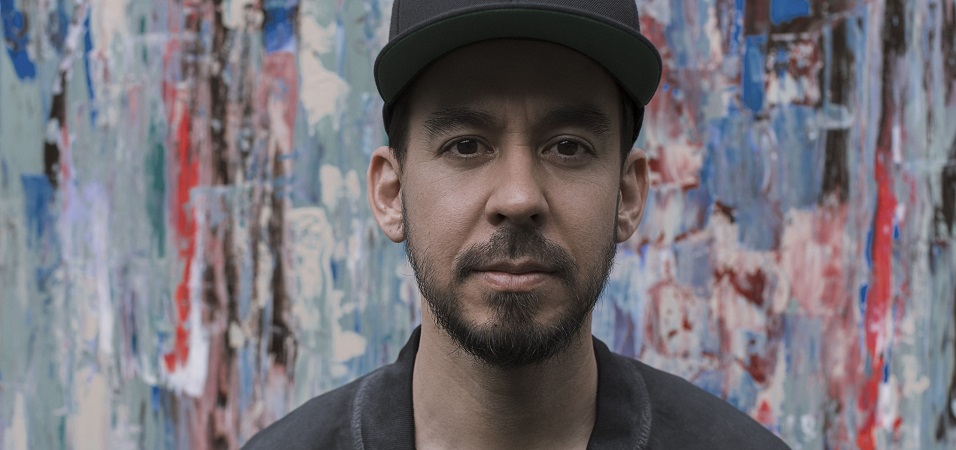Album Review: Mike Shinoda – Post Traumatic
2 min read
For his début solo record, Post Traumatic, Linkin Park vocalist Mike Shinoda has delivered an album that earnestly wears its heart on its sleeve. So much so, that at times it feels downright unsavoury and intrusive to be listening to something so clearly personal for entertainment purposes. Port Traumatic is an extension of the EP of the same name released back in January – the first three songs of the album are the three songs of the EP – but where the EP was a cluster of raw nerves, a reaction to the immediate aftermath of the loss of Shinoda’s friend and bandmate, Chester Bennington, the album is a record of the (incomplete) process of working through, and moving beyond, grief.
 Early on in Post Traumatic, the listener is thrust into uncomfortably close proximity to Shinoda’s emotional turmoil. As condolence message play at the conclusion of opening track Place to Start, and Shinoda reflects on the waves of grief that would randomly overcome him on Over Again, the audience can’t help but feel that they are intruding into an immensely private space. As the album moves beyond the EP and Shinoda progresses on his emotional journey, the dark tones of Nothing Makes Sense Anymore contrast with the electro-popish vibe of the vocals to create an odd aural space that just seems to work despite expectations.
Early on in Post Traumatic, the listener is thrust into uncomfortably close proximity to Shinoda’s emotional turmoil. As condolence message play at the conclusion of opening track Place to Start, and Shinoda reflects on the waves of grief that would randomly overcome him on Over Again, the audience can’t help but feel that they are intruding into an immensely private space. As the album moves beyond the EP and Shinoda progresses on his emotional journey, the dark tones of Nothing Makes Sense Anymore contrast with the electro-popish vibe of the vocals to create an odd aural space that just seems to work despite expectations.
Crossing a Line is an oddly mainstream cut from the record and, all things considered, makes for an odd choice for lead single. Deftones vocalist, Chino Moreno appears along with Machine Gun Kelly on Lift Off, and while Moreno’s distinctly ethereal vocal delivery suits the mood, Kelly’s verse towards the end of the track misses the mark. K.Flay adds vocal texture to Make It Up as I Go, while blackbear’s contribution to About You neither helps nor hinders. Grandson helps Running from My Shadow overcome a lagging start. Post Traumatic is a flawed record, which isn’t surprising given the blend of rock, hip-hop, and pop that makes up its palette, and the circumstances that led to its creation, but even so, Shinoda has crafted an album where these flaws are easily forgotten.



